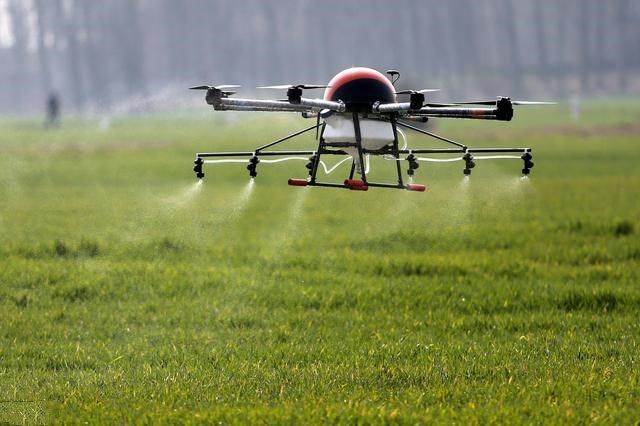As technology continues to advance at a rapid pace, the agricultural industry is not far behind in embracing innovation. Unmanned farms, also known as autonomous or robotic farms, are becoming increasingly popular. These farms utilize cutting-edge technology to enhance efficiency, reduce labor costs, and produce higher yields. In this article, we will explore the concept of unmanned farms and their potential to revolutionize agriculture.
Unmanned farms are essentially farms that operate with minimal human intervention. They rely on a combination of sensors, drones, robots, and artificial intelligence to manage various aspects of farming, from planting and harvesting to irrigation and pest control. These technologies work together to optimize crop production while minimizing resource consumption.
One of the primary advantages of unmanned farms is their ability to operate 24/7. Unlike traditional farms that require manual labor and are subject to weather conditions, unmanned farms can work day and night, rain or shine. This continuous operation leads to increased productivity and faster crop cycles.
Another significant benefit is the reduction in labor costs. With robots handling tasks that would typically require human workers, farmers can save on labor expenses. This is especially important in regions where labor shortages are a concern.
Unmanned farms are also more precise in their operations. Sensors and cameras can monitor crop health and detect early signs of disease or pests. Drones equipped with specialized cameras can assess the overall condition of the fields and identify areas that need attention. This precision allows for targeted interventions, reducing the need for chemical treatments and conserving resources.
Moreover, unmanned farms are environmentally friendly. By using data-driven approaches, they can optimize irrigation, fertilizer application, and pesticide usage, reducing the environmental impact of agriculture. This is crucial in the face of growing concerns about sustainability and climate change.
However, unmanned farms are not without challenges. The initial investment in technology and infrastructure can be substantial, making it difficult for small-scale farmers to adopt these practices. Additionally, there are concerns about data security and the potential for job displacement in rural communities.
In conclusion, unmanned farms represent a significant advancement in agriculture. They offer the potential to increase productivity, reduce costs, and minimize environmental impact. While there are challenges to overcome, the future of farming is likely to be increasingly automated and data-driven. As technology continues to evolve, we can expect unmanned farms to play a crucial role in feeding our growing global population.







Please sign in to comment
register